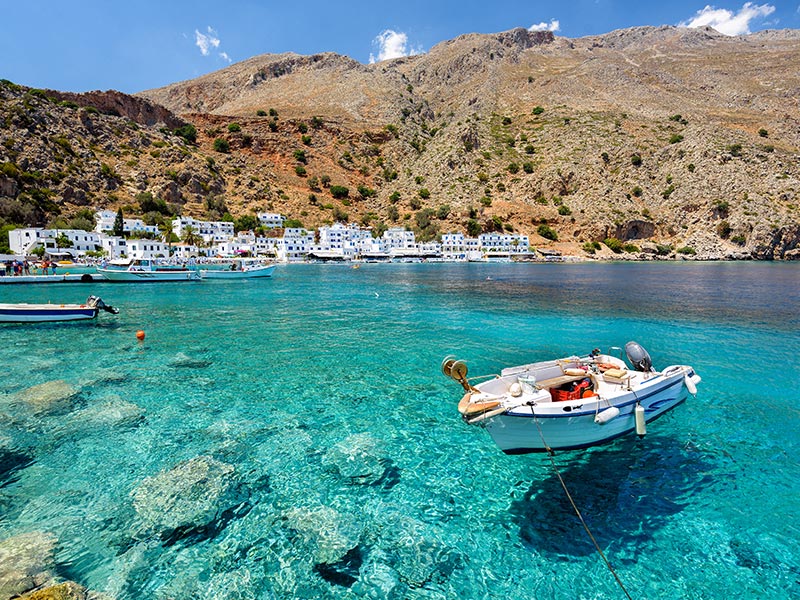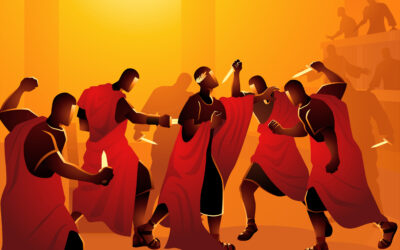The connection between ancient Crete and the legend of Atlantis has fascinated historians and scholars for centuries. The myth of Atlantis, first described by the philosopher Plato in his dialogues “Timaeus” and “Critias” around 360 BCE, tells the story of a powerful and advanced island civilization that sank into the ocean “in a single day and night of misfortune.” While the myth’s origins remain mysterious, many believe that Minoan Crete, one of the most advanced ancient civilizations, may have inspired aspects of the Atlantis story.
The Minoan civilization, which flourished on Crete from approximately 2700 to 1450 BCE, was known for its remarkable advancements in art, architecture, and trade. The Minoans built sophisticated cities, like Knossos, complete with large palaces, intricate plumbing systems, and vibrant frescoes. Their peaceful, seafaring culture dominated the Mediterranean for centuries, making them a likely candidate for inspiring Plato’s Atlantis.
A major factor linking Crete to Atlantis is the Thera eruption (modern-day Santorini) around 1600 BCE. This massive volcanic eruption devastated the nearby Minoan civilization, causing tsunamis and possibly contributing to the civilization’s decline. The sudden destruction of an advanced, island-based culture by a natural disaster fits Plato’s description of Atlantis’s catastrophic end.
While there’s no concrete evidence proving that Atlantis was real or that it was based on Crete, the parallels between the Minoan civilization’s sudden decline and Plato’s story are striking. Over time, the legend of Atlantis may have grown, combining elements of various ancient cultures and catastrophes into one enduring myth. Today, the Minoan-Atlantis connection remains a popular theory among those intrigued by ancient history and mythology.
Related Articles
The Ides of March—A Day of History and Superstition
The Ides of March (March 15) became infamous due to the assassination of Julius Caesar in 44 BCE. The Roman leader was betrayed by a group of senators—including his friend Brutus—leading to one of...
The History of Barcodes—The Lines That Changed Shopping
Barcodes are one of the most important inventions in modern retail, but they didn’t become popular overnight. In 1949, a graduate student named Norman Woodland was inspired by Morse code to create a...
The History of St. Patrick’s Day Parades—A Celebration of Irish Pride
St. Patrick’s Day is closely associated with Ireland, but the first St. Patrick’s Day parade actually took place in New York City in 1762—organized by Irish soldiers serving in the British army....





